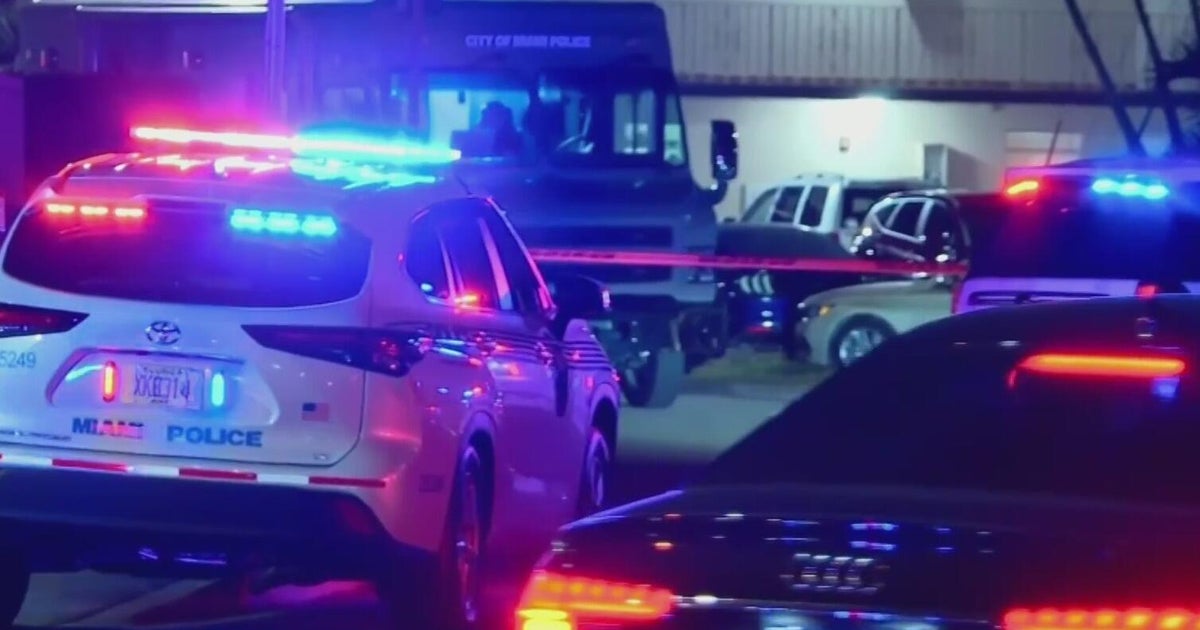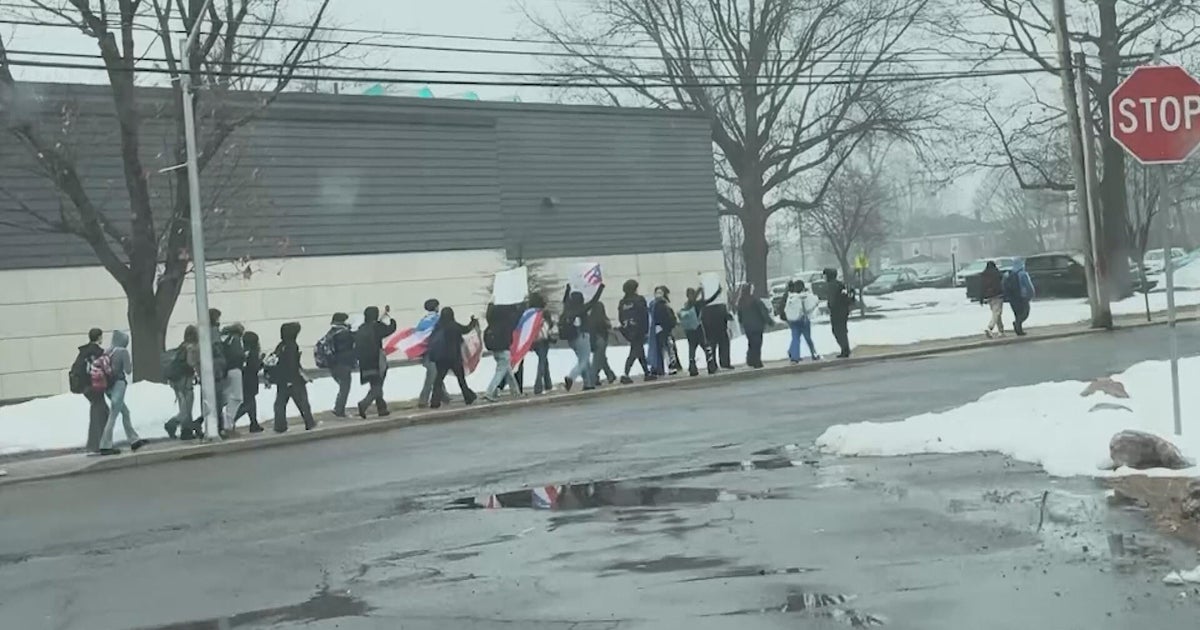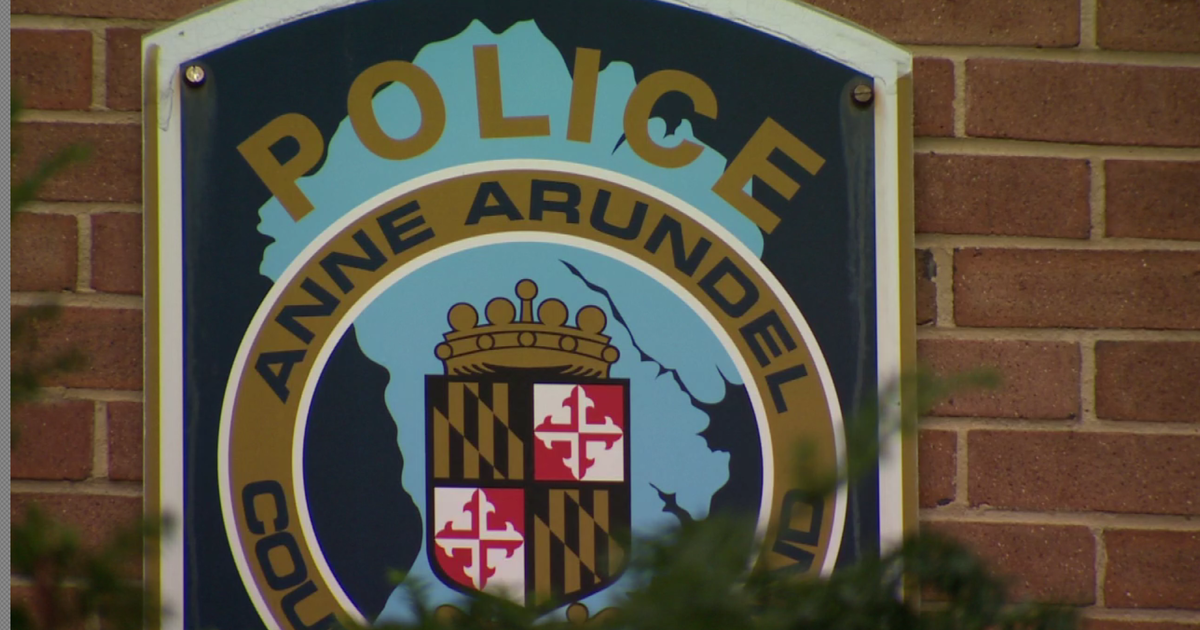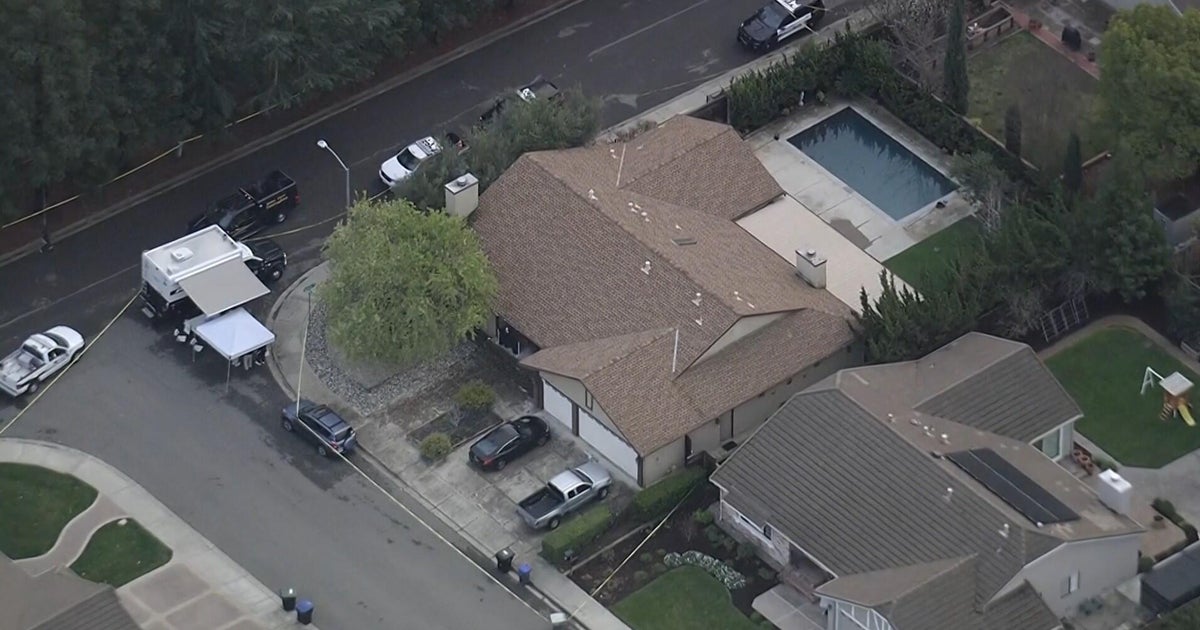MDPD To Release More Records On Race And Arrests
Follow CBSMIAMI.COM: Facebook | Twitter
MIAMI (CBSMiami) - Faced with criticism that a squad of officers may have been unfairly targeting blacks and charging them with minor offenses, Miami-Dade Police Director JD Patterson pledged to gather and release information on the racial and ethnic breakdown of the people his officer's arrest across the county.
"Whoever is in this seat should be willing to collect it because it will say something about how we do our jobs and help us teach our officers that they might in fact have an implicit bias," Patterson told CBS4's Jim DeFede during an appearance on Sunday's Facing South Florida.
CLICK HERE To Watch Jim DeFede's Report
The Director's pledge follows the CBS4 News investigation "Race Matters: Policing by the Numbers," in which CBS4 spent five months examining the work of a group of plainclothes officers who drove around in unmarked cars arresting hundreds of people, most of them young and black, for relatively minor offenses such as possession of a marijuana cigarette.
Officially known as a Crime Suppression Team, they are commonly referred to in the community as "The Jump Out Boys," for their tactic of jumping out of their cars at groups of young people in predominantly black neighborhoods.
In order to track the team's work, CBS4 News had to follow each case individually to determine the race, gender and age of those arrested, as well as the outcomes of the cases. In the course of that review, CBS4 News discovered that in 2014, 65 percent of the cases made by the Crime Suppression team were for misdemeanor marijuana possession. In at least one case, multiple people were arrested for a single marijuana cigarette.
Seventy-six percent were for general misdemeanors and although the area they were assigned to patrol in the South District is one of the most violent in the county, where shootings and murders are up, 96 percent of their arrests were for non-violent offenses.
In response to the series, a town hall meeting was held Friday that included state legislators, county commissioners, a county court judge, the Miami Dade Public Defender, representatives of the State Attorney's Office, as well as a half a dozen local ministers.
"We need the data about racial disparities," Michelle Richardson, an attorney with the ACLU of Florida, said during the town hall. "This is something policy makers could compel but I think it's also something you can ask law enforcement to voluntarily do."
On Sunday, Patterson was pressed about being more transparent during the station's Sunday public affairs show.
Asked if he knew how many misdemeanor marijuana arrests his department made across the county in 2014 and the percentage of those arrests that involved blacks, Patterson said he didn't know the answer."
At first Patterson seemed resistant, but then finally said: "Should I look at it, yeah I should look at it."
San Diego, Philadelphia, and New York all produce annual reports showing the racial breakdown of arrests. Patterson said producing such a report would be possible.
"We are probably one of the biggest data collection groups in the whole county, so the data will be collected the question is whether or not it will be analyzed and how it will be looked at," he said. "Miami Dade County has not said it's not going to do that, we'll probably do it."
Would he commit to doing it now?
"As long as I'm the director we're going to do it," he said.







